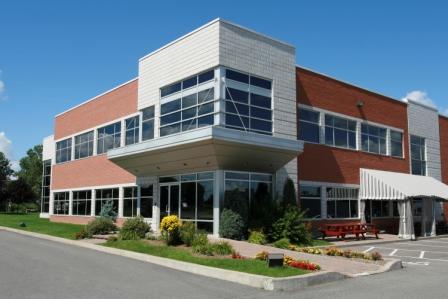For the past week, I’ve seen a glimmer of optimism in my New Orleans health care colleagues. The emergence of hope is no small thing. This pandemic has been inches from overwhelming those of us on the front lines for weeks.
Louisiana has one of the cases in the country, and St. John the Baptist Parish—just outside New Orleans—has the highest per capita death rate in the country. As the pandemic continues, infections will spread, and the death toll will rise. But there are signs that the city and the state are beginning to “flatten the curve.” The spread of new cases has slowed, and hospital admissions are stable.
In New Orleans, we also know that you can’t trust the blue sky in the eye of a hurricane. remains highly susceptible to the virus that causes COVID-19. Not only does Louisiana remain highly susceptible to further outbreaks of COVID-19, but our patient population is highly comorbid with factors known increase the lethality of COVID-19. And our most potent weapon, the stay-at-home order, is only temporary, and one that inflicts substantial economic pain. Ending the pandemic is likely dependent on a vaccine, which, optimistically, will not arrive until early 2021.
Until we have a vaccine, any attempt to return to normal would resume the crisis where we left it in March—with soaring rates of infection and death. The overwhelming flood of sick and dying will strain our healthcare resources beyond their capacity.
Now is the time to acknowledge our successes, take stock of our losses, and prepare, knowing that the worst may be yet to come. The morning Hurricane Katrina made landfall, for a few hours, we believed New Orleans escaped with minimal damage. Only later, after catastrophic levee breaches allowed flood waters to silently race across the city, did widespread devastation reveal itself. Then, as now, we must guard against a false sense of security after the initial blow.
We can expect that the COVID-19 pandemic will last at least through the next wildfire season, influenza season, and hurricane season. Healthcare delivery, already taxed by the surge of COVID-19, this will place an unprecedented demand on inadequate resources.
In the short-term, health care organizations will need to develop plans to reactivate essential non-COVID-19 services, like mammograms and dental appointments. Reactivation will not be a binary choice of whether or not to offer a particular service. Rather, the process will need to be capable of cycling up and down in response to changes in the epidemic.
Clinics will need to take advantage of care-delivery models that reduce face-to-face encounters with non-immune providers, including virtual visits, drive-through services, and in-home care. Hospitals must retain the ability to deal with the intermittently explosive growth potential of the epidemic. This includes the ability to convert a third of their capacity to COVID-19 beds in under a week and double capacity in 3 weeks.
Much about COVID-19 is still unknown, and our collective success depends on medical centers conducting clinical trials and studies. And all health care organizations should continue to prevent the spread of COVID-19 in their facilities with universal COVID-19 screening, universal masking, and rapid employee testing.
Most organizations have a COVID-19 response team to help develop these responses. Given the long-term threat COVID-19 poses, organizations should create a sustainable Office of Pandemic Response. This will help organizations not just to respond to COVID-19 but innovate in real time in response to the myriad of threats to health care delivery.
Resilience will be our most vital asset on the marathon—no, marathons—ahead. In New Orleans, we know that even the worst storms will pass, eventually. Thoughtful preparation will give medical centers and the patients they treat the best chance of weathering this.



Leave A Comment